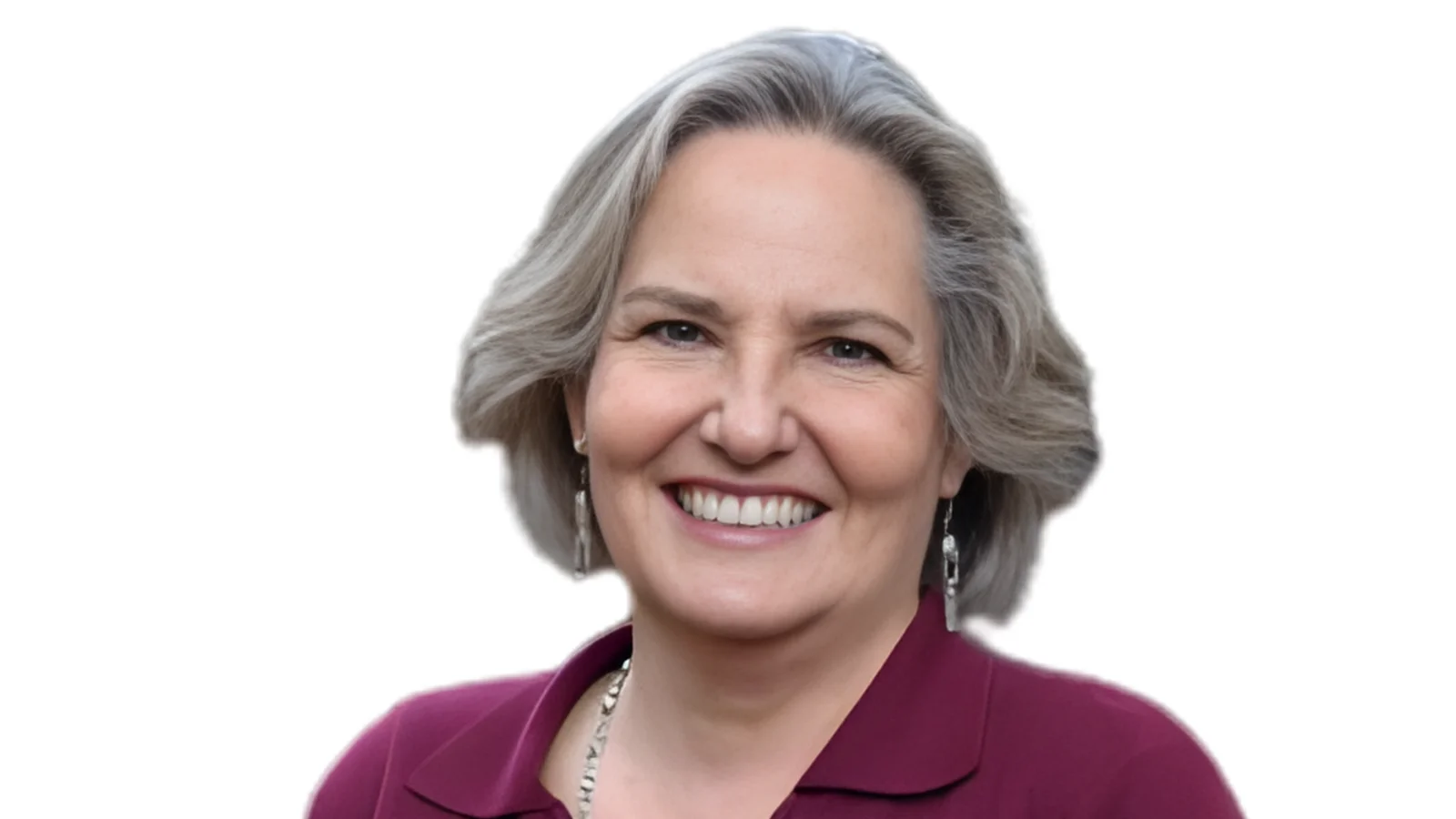
Elizabeth "Betsy" Corcoran, president | Official Website
A university geography instructor has called for a reimagining of the discipline, arguing that geography should be central to preparing students for the challenges of the future. The instructor, Demian Hommel, teaches large introductory courses at a public land-grant university and says his students come from diverse backgrounds and fields of study.
Hommel notes that many students initially view geography as memorizing maps and countries. However, he aims to shift their perspective toward understanding how global systems—such as climate migration, policy decisions, and historical borders—shape inequality and can be changed. “I thought this class would be about memorizing countries. But now I can’t stop seeing systems,” one student told him during a discussion on climate migration.
According to Hommel, public perceptions of geography are often limited to stereotypes like map quizzes or country capitals. He argues that true geographic education is interdisciplinary and essential for understanding power structures, trade networks, technology’s impact on society, and ongoing effects of colonialism.
“Geography teaches us not just where things are, but why they are there — and what could be otherwise,” Hommel states. He describes how events such as wildfires in Oregon or supply chain delays in Malaysia are interconnected within global systems.
Hommel emphasizes that studying geography involves examining who benefits from these systems and who bears their costs. He explains that issues like climate change do not affect all populations equally; instead, impacts are distributed along lines of race, class, and power.
In his classes, Hommel uses tools such as StoryMaps projects on food deserts or wildfire evacuation zones to help students connect course material with real-world experiences. Students also co-create classroom policies regarding ethical AI use—a process he says encourages them to consider questions about privacy, labor practices, bias in technology development, environmental impact, and future employment.
He highlights the importance of participatory approaches in education: “These small collective moments turn a lecture hall into a learning community.” Anonymous discussion boards allow students to share confusion or ask questions they might hesitate to voice aloud.
Hommel contrasts his approach with broader trends in higher education faculty experience with artificial intelligence initiatives. Citing a July 2025 report by the American Association of University Professors (AAUP), he notes most college AI programs have been implemented without faculty input—often resulting in increased workloads and less transparency—and suggests local participation is needed when integrating new technologies into curricula.
The instructor concludes by stating that addressing contemporary crises—including climate instability and technological disruption—requires more than data collection; it requires new ways of thinking about complexity across disciplines. “Geography belongs at the center of that transformation,” he asserts.
“Yes, geography still teaches maps,” Hommel adds. “But the most important map is the one we carry forward: a map of systems, of justice, of the human future we’re all helping to create.”
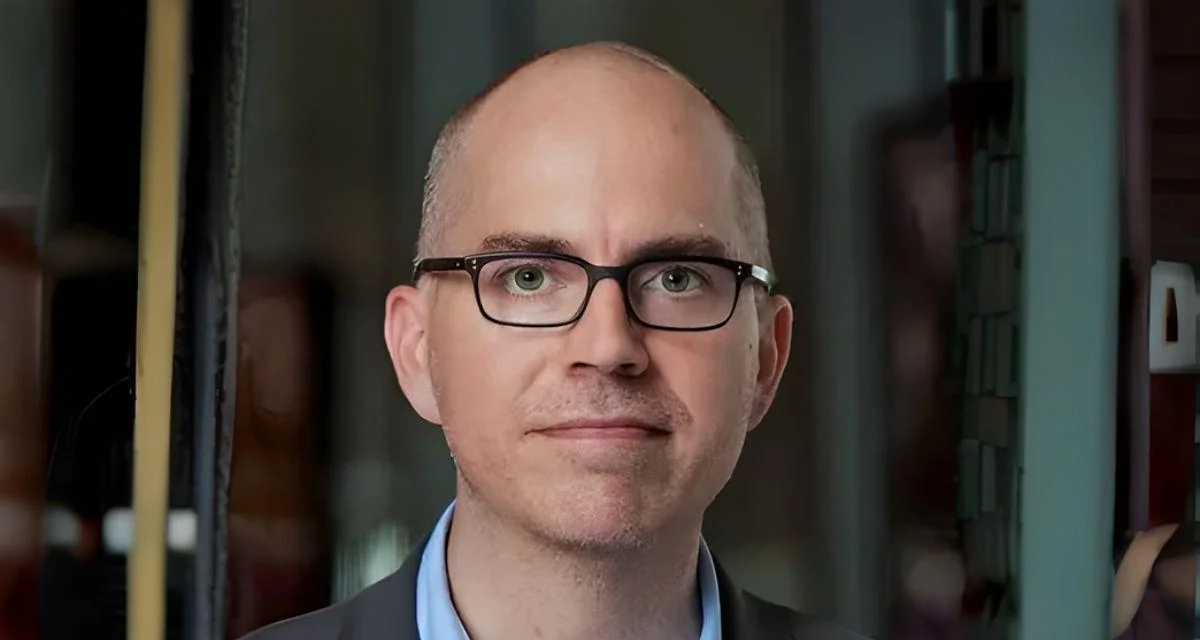

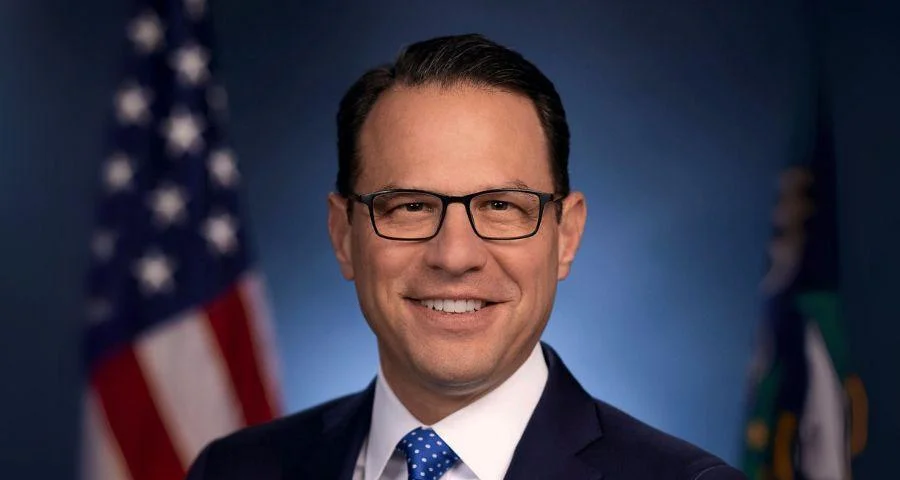
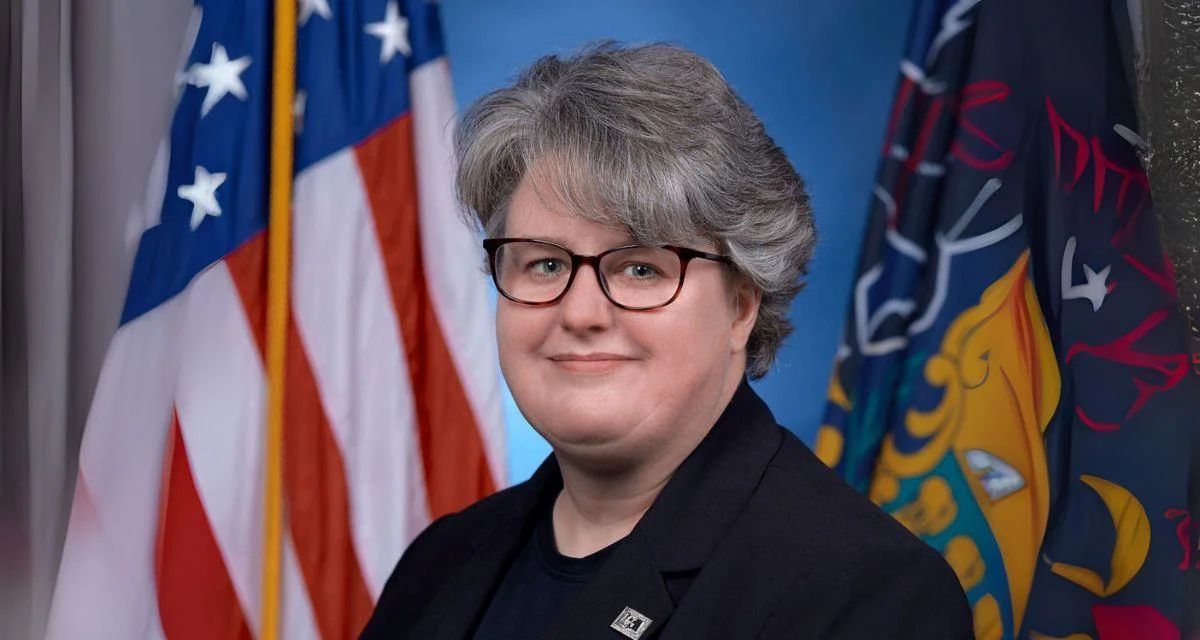
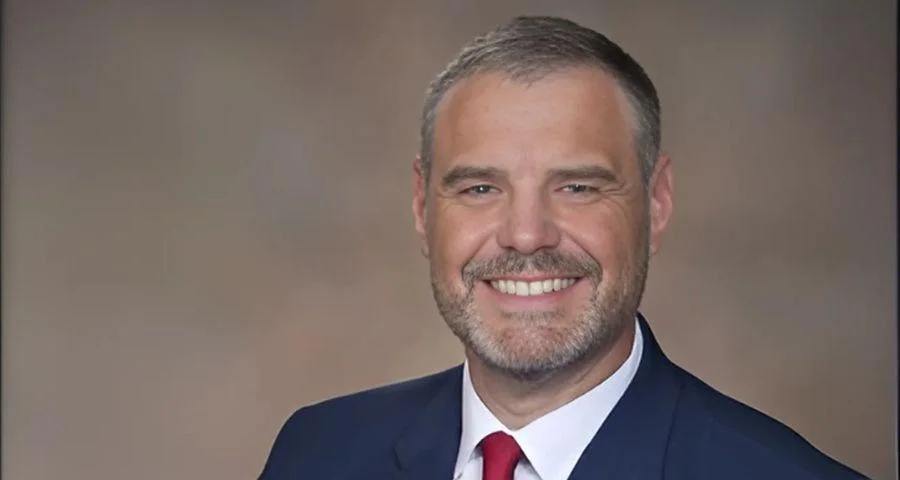
 Alerts Sign-up
Alerts Sign-up